Packworks raises US$ 2M seed round to launch mobile ERP platform for 150,000+ Sari-Sari store-partners in the Philippines
Packworks has formally launched its mobile enterprise resource planning (ERP) platform for sari-sari store owners following a successful US$ 2 million (₱ 112 M) seed round.
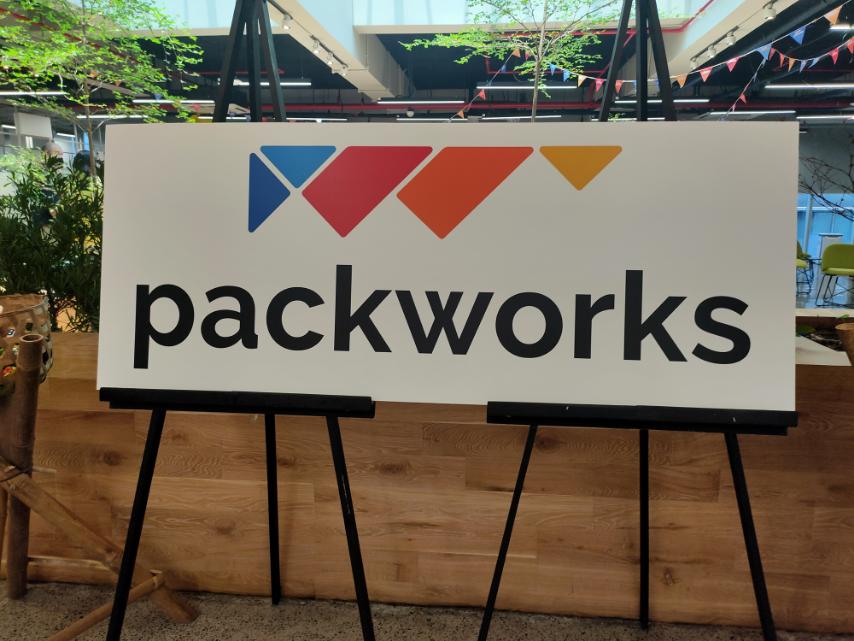
The seed round is led by leading end-to-end logistics group Fast Group and global private equity firm CVC Capital Partners, with participation from ADB Ventures, Arise, Techstars, and IdeaSpace Foundation.
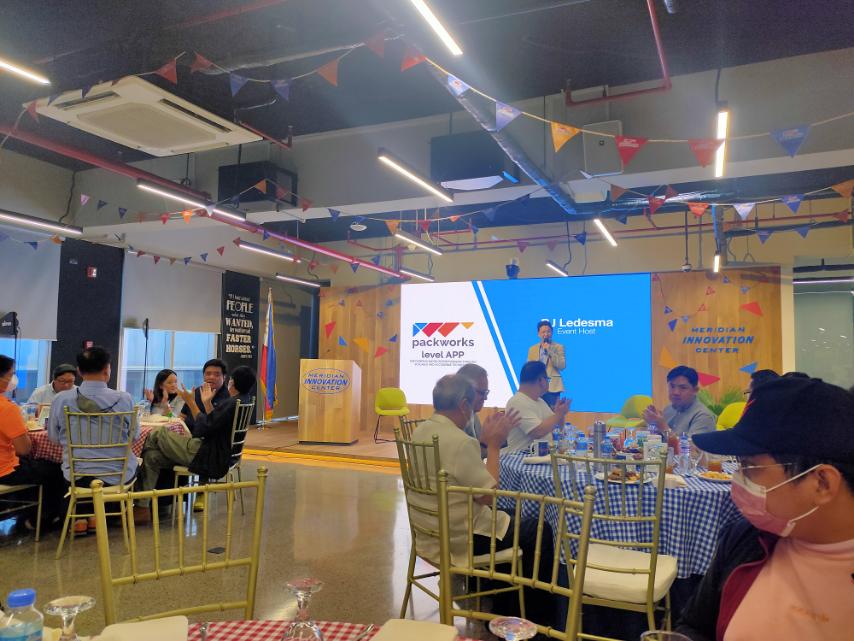
“At Fast, we constantly search for ways to improve our country’s supply chain. The over 1 million sari-sari stores in the Philippines are a critical component of this chain, and we believe that an immense opportunity exists to build a digital layer to connect these stores with customers and suppliers. Layering Packworks’ digital fabric to this network and leveraging its emerging data has exciting prospects for creating supply chain efficiencies, especially when combined with the experience and national scale of Fast. We are happy to partner with Bing, Ibba, Hubert and the dedicated team at Packworks to empower more micro-entrepreneurs and transform the way they do commerce,” Brice Cu, Senior Managing Director and Country Head of Philippines for CVC Capital Partners and Board Member of Fast Group said.
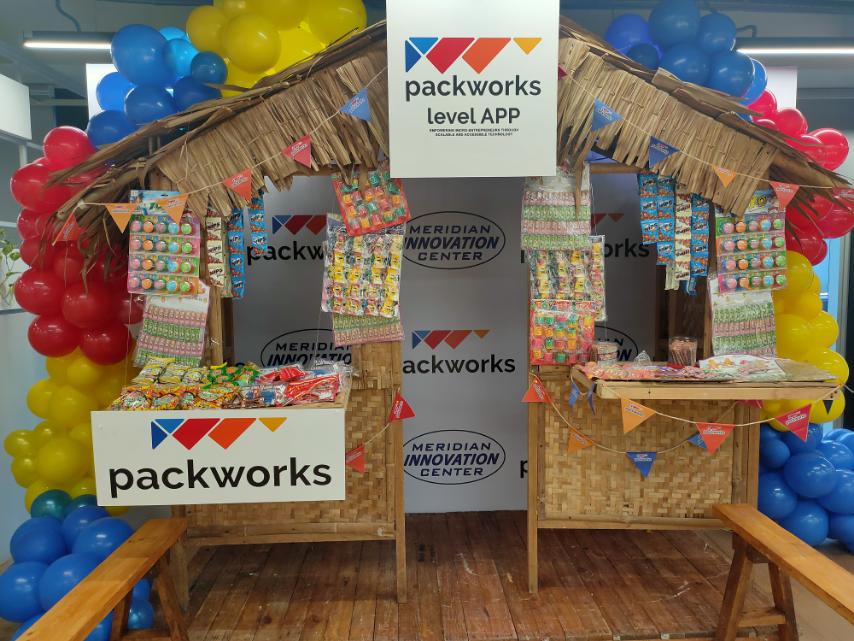

Packworks will use the fund to develop The Pack: SuperStore App, increase the breadth of offerings, and improve its user journey. It also plans to build a department that directly engages the sari-sari stores and provide additional services with partners, and build an open platform for financial institutions and brands to connect directly with store owners.
“We bootstrapped our way to helping 150,000 sari-sari stores. We’re helping communities all over the Philippines to grow and become more resilient. Imagine how many more we can help with all these awesome partners. Our vision is now global,” Ibba Bernardo, co-founder and Chief Marketing Officer of Packworks said.
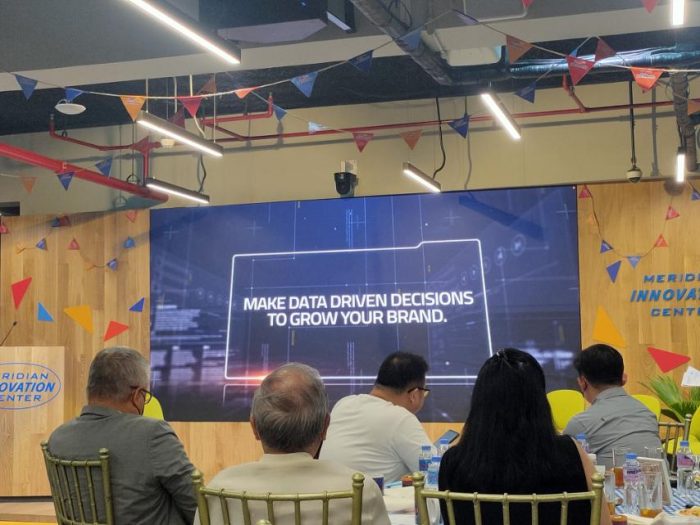
“We have raised funds to help us expand our talent pool and boost our bandwidth to provide more to these store owners. We believe that our product offers an excellent upside,” Bing Tan, co-founder and Chief Executive Officer of Packworks .
Founded in 2018 with initial five sari-sari store-partners, Packworks worked on its way to having a 150,000 network nationwide and targeting to have 220,000 stores by the end of 2022 and 500,000 by end of 2023.
Packworks aims to become a platform for other institutions that would like to help the base of the pyramid by addressing the sari-sari store challenge by enabling the value chain and empowering all the involved parties within the sari-sari ecosystem.
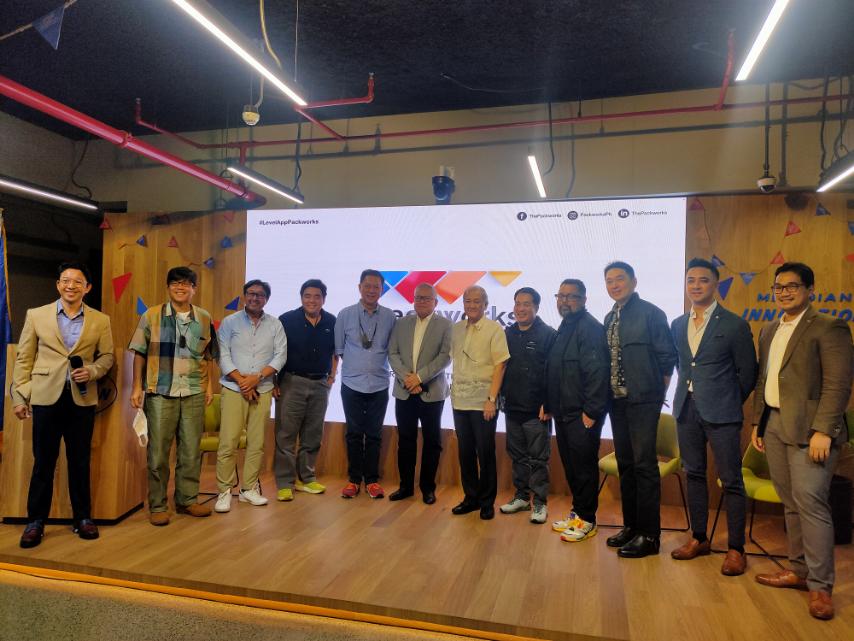
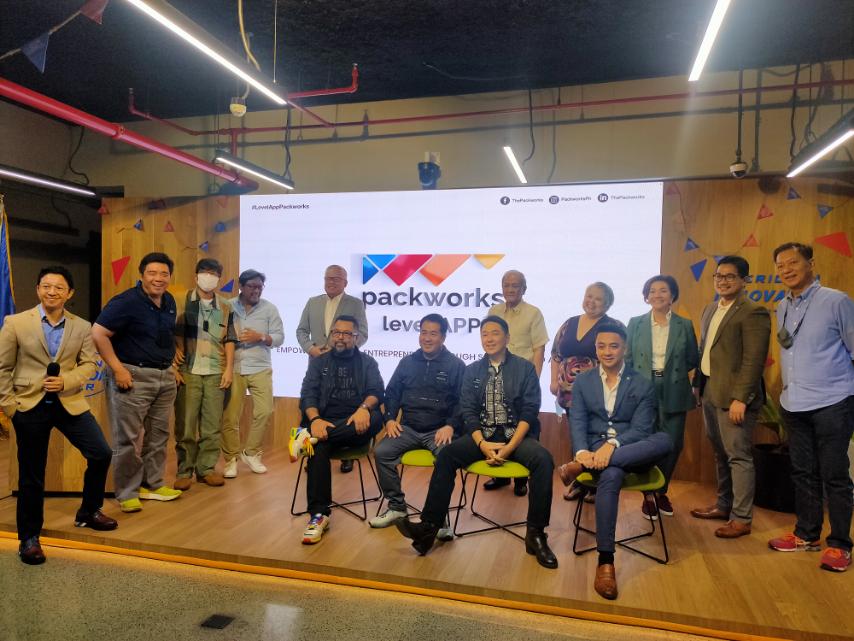
“We think of ourselves as the railway or expressway infrastructure and not as the gas station or fast food shop operator. We expand partnerships to provide these services to our stores, such as inventory financing, e-payments, and micro-insurance,” Bernardo said.
The Sari-preneurs Companion
Through The Pack: SuperStore App, store owners can process their business’ inventory, bookkeeping, and data collection. They can also avail of financial products and order supplies for a cheaper price without the hassle of coordinating and purchasing new stocks.
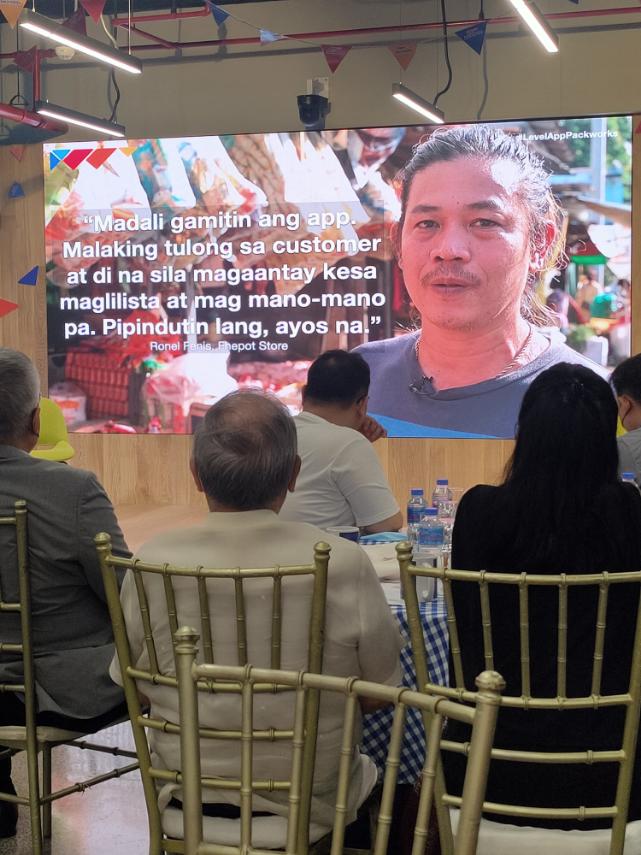
The app is easy to use with low bandwidth and light footprint that will allow the users to process their businesses more efficiently with the goal of addressing the high cost of poverty, where store owners pay the highest interest rates and pay more for consumer goods.

It also aims to bring down the interest cost and in handling money through access to e-payments.
Started as a motorcycle journey in bringing solar panels to isolated communities, founders Hubert Yap, Bing Tan, and Ibba Bernardo came up with the idea of helping micro-entrepreneurs by bringing scalable and accessible technology to them.
Witnessing firsthand the challenges brought by limited access to sari-sari store owners, especially in far-flung places, they promised to share their technical know-how and inspire them to shift from analog processes to using technology.
“We observed that these stores have a hard time tracking their inventories and getting supplies for their stores, especially the ones in the provinces. That’s when the idea of making a one-stop app for everything pops out,” Tan said.
Packworks started out as a solution for multinational companies in the Philippines to connect with neighborhood stores in 2018. By 2019, the Packworks rolled out nationwide with only 220 stores with a gross merchandise value (GMV) of $400,000. After a year, it gathered 27,828 stores with GMV of $30 million, and it reached 130,000 stores with GMV of $139 million in 2021.
“We believe the idea will help millions more families that solely depend on their sari-sari store profits to meet ends every day,” Tan added.
Sari-sari Store Outlook in the Philippines:
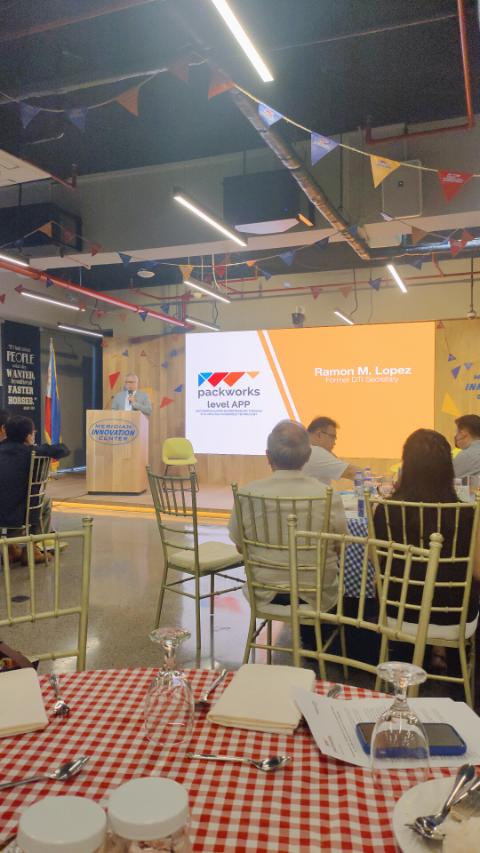
● Mobility restrictions may have eased with the decline in COVID-19 cases, but many consumers still opt to buy their daily necessities from a nearby “sari-sari” store rather than go to big supermarkets, according to 2022 data released by data analytics firm Kantar Philippines. COVID-19 restrictions had made sari-sari stores a preferred choice for shopping as they are right where the buyers live. In fact, spending per trip on fast-moving consumer goods (FMCGs) such as soap, shampoo and toothpaste as well as hand sanitizer, ready-to-drink beverages, snacks, sandwich ingredients, baby powder, cologne and laundry detergent, increased to P71 last year from P66 in 2020. This trend is expected to remain even under the less restrictive alert level 1 as consumers tend to be thrifty amid the pandemic. Plus, sari-sari store owners can extend credit informally or without a credit card. Big retailers had observed the same trend, and were “supportive” of sari-sari stores by ensuring the flow of supply.
● According to Century Pacific Food, Inc, About 140,000 new sari-sari stores opened in 2020 at the height of the pandemic. This excludes home businesses that opened up online stores. The growth rate of sari-sari stores in terms sales have overtaken the supermarkets, understandably because of lockdown and strict restrictions. Pandemic season paved the way for the resurgence of sari-sari stores and other neighborhood retail joints like convenience stores, and this trend will continue and may even become part of the new norm. Consumers are now a bit hesitant to go out farther from their communities just to shop or even do groceries because of fear of contamination. This in turn, encouraged more households to open up their own sari-sari stores offering wide-array of household necessities. Average sari-sari store expenditure of a consumer has gone up to P917 per month, from P790 a month pre-pandemic.
About Packworks
Packworks is a startup company that provides a business-to-business (B2B) platform that is easy to use, has low bandwidth, and light footprint that will allow sari-sari store owners to become more efficient in managing their business. Founded in 2018 and started as a solution for multinational companies in the Philippines to connect with neighborhood stores, the platform has now transformed into a way out of poverty for the millions of sari-sari store owners across the Philippines. Packworks empowers the sari-sari stores through scalable and accessible technology, with its team composed of dedicated developers, programmers, and technicians that work to put the power back into the hands of the people at the heart of Filipino communities by providing them digital opportunities previously only available to big companies. By bringing technology-based solutions to one million Filipino sari-sari stores, Packworks is driving toward a more progressive, connected, and inclusive Philippines.
Follow me on Twitter at @thefanboyseo!


















